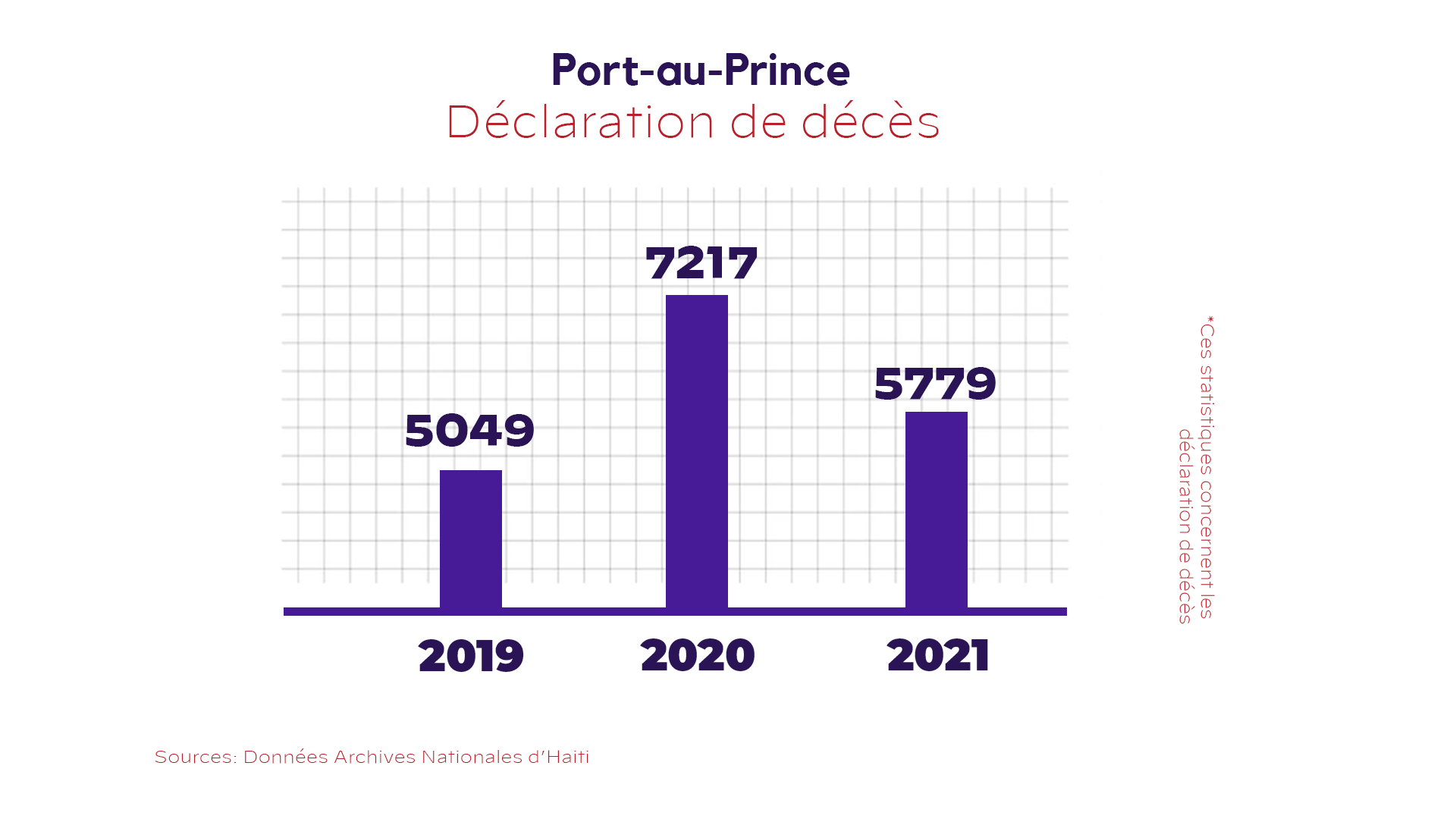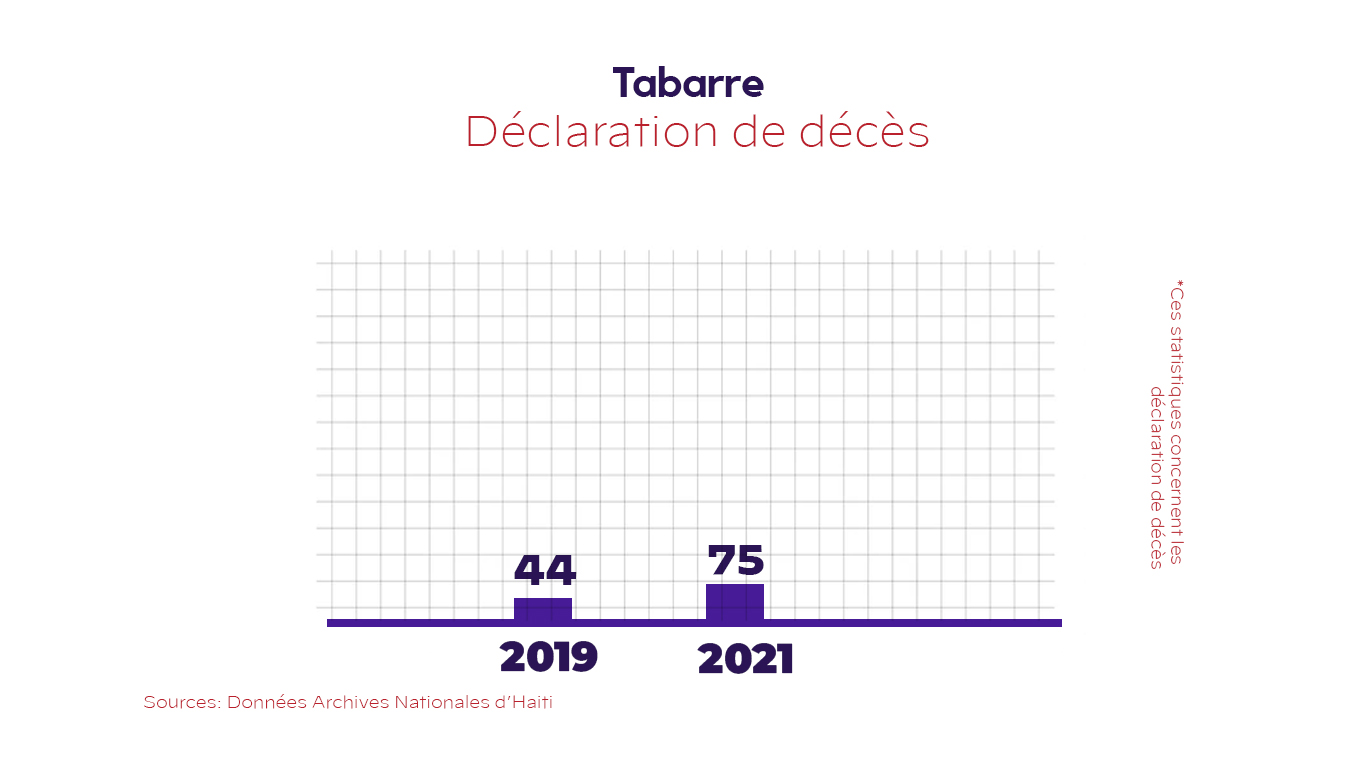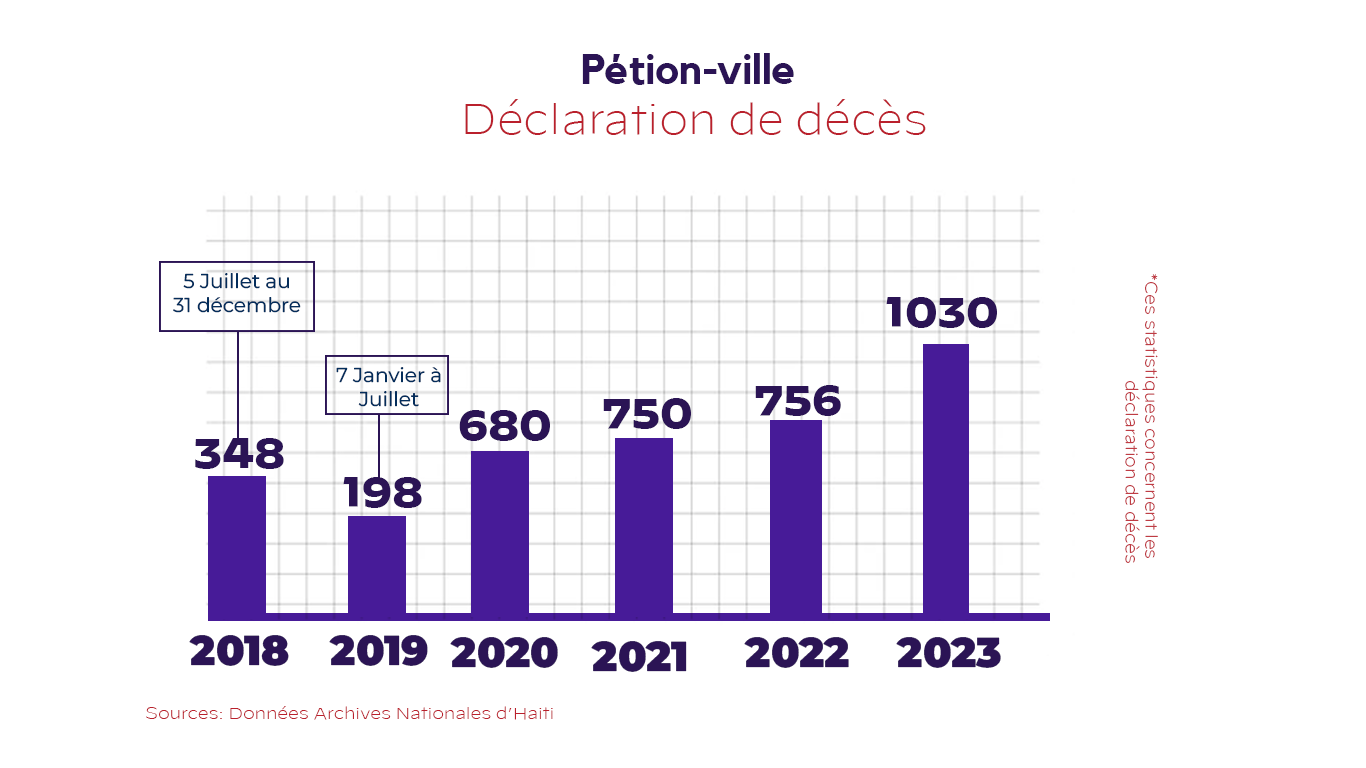“If we don’t have any proof for a deceased person, their name will remain on the registration list,” Max Délices, director of the CEP, warns AyiboPost
The names of thousands of deceased citizens – not officially accounted for – risk appearing on the next electoral register, according to Max Délices, the director general of the Provisional Electoral Council (CEP), in an interview with AyiboPost.

The director of the CEP, Max Délices, in his office at the institution’s offices in Pétion-Ville, June 12, 2024. | © Fenel Pélisiser/AyiboPost
This is due to the numerous assassinations in recent years, with corpses sometimes charred, which have not been registered with civil registrars and the national archives.
Individuals who are already dead can therefore appear on the electoral register, thus opening the door to “zombie” votes and possibly contested elections.
The National Identification Office (ONI) provides the records used to create the list.
But the institution, under the supervision of the Ministry of Justice and Public Security (MJSP), does not have any data on people who died in Haiti, according to an official.
This official points to dysfunction within the State to explain the absence of information on deceased people.
“None of the deceased will be quarantined,” Reynaldo Camilus, a technical director at the ONI, told AyiboPost, according to whom the MJSP should take measures to correct this problem.
Individuals who are already dead can therefore appear on the electoral register, thus opening the door to “zombie” votes and possibly contested elections.
The question of purging the electoral register comes up every election cycle in Haiti.
A report from the Independent Electoral Evaluation Commission (CIEVE) identified flaws in the ONI system in May 2016.
“No effective link exists between municipalities, civil registries, cemetery administrations and ONI; which means deceased people still appear, years after their death, on the partial electoral lists of their last municipality of residence,” the commission described at the time.
This structure had called for the cancellation of the 2015 presidential elections.
To avoid a repeat of the past, the current director of the CEP is requesting an audit of the electoral register currently numbering around five million citizens.
“If we do not have any evidence for a deceased person, their name will remain on the electoral list,” warns Délices to AyiboPost.
Read also: Head of Haiti’s Electoral Council sees electoral card audit as « desirable » step
Insecurity makes it difficult to create an accurate voter list.
Nearly 580,000 people are displaced within the country, according to the International Organization for Migration, and this figure continues to rise.
Who will vote where? The CEP must first locate the displaced people before establishing the electoral list, according to Director Max Délices.
To avoid a repeat of the past, the current director of the CEP is requesting an audit of the electoral register currently numbering around five million citizens.
Haitian institutions cannot provide any data on the scope of assassinations and disappearances in recent years, according to interviews conducted by AyiboPost with civil registry offices and the national archives.
For the year 2023, the archives did not receive any death registers for the four civil registries of the commune of Port-au-Prince, an official of the institution revealed to AyiboPost.
For 2022, only the civil registry of the South and the East sections sent registers to the archives, together recording 1,866 deaths for this year.
In 2019 and 2020 respectively, 5,049 and 7,217 deaths were recorded in the archives for the four civil registries of the commune of Port-au-Prince.
In 2021, this figure decreased with 5,779 deaths reported.

Municipalities plagued by insecurity record very few deaths.
In 2019, Tabarre only had 44 deaths, 75 in 2021 and 205 in 2022.
To date, the municipality is slow to communicate its death register for 2020 and 2023 to the national archive.

Despite an increased presence of bandits in the area, the Delmas civil registry office only recorded 282 deaths in 2019, compared to 229 in 2020, 251 in 2021, and 178 in 2022.
For 2023, Delmas has only recorded 240 deaths.
For 2020, the Pétion-Ville civil registry office totaled 680 deaths compared to 750 for 2021.
In 2022, 756 declarations were recorded compared to 1,030 in 2023.

Carrefour shows higher figures with 1,495 deaths in 2019 compared to 1,114 in 2020.
For 2021, this municipality recorded 654 deaths. The National Archives of Haiti have not yet received death reports for the years 2022 and 2023.
There is also a cultural problem: many citizens refuse to register their deaths outside of cases where they need the death certificate for legal procedures, according to the civil registrar of Pétion-Ville, Venel Jules.
Read also: A growing number of « crossroads of death » in Port-au-Prince
The law requires the intervention of a civil status officer, particularly for violent deaths.
But in practice, hundreds of people have been murdered in areas controlled by gangs for several years.
This makes any effort to count deaths from gang violence difficult in a context where the last general census dates back two decades.
Lucnise Duquereste participated in this report.
Graphs: Riquemi Perez/AyiboPost
Cover image: Election officials prepare electoral materials in a polling station during the presidential election in Port-au-Prince, Haiti, on November 20, 2016. | Bahare Khodabande – Anadolu Agency
Keep in touch with AyiboPost via:
► Our channel Telegram : Click here
► Our Channel WhatsApp : Click here
► Our Community WhatsApp : Click here







Comments